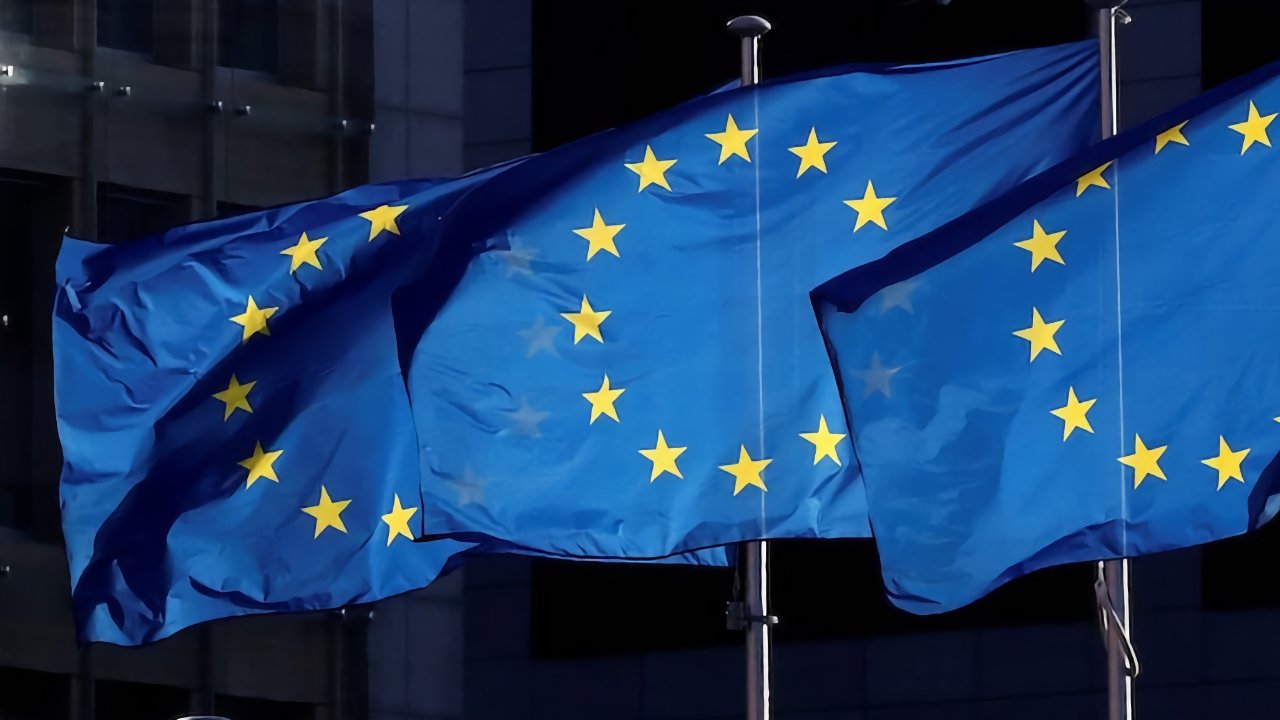As the EU drafts proposals to regulate technology firms, one European lawmaker wants the financial definition of Big Tech changed to ensure chiefly American companies are affected.
The European Union has proposed legislation that would regulate Big Tech companies and fine them for noncompliance. As the Digital Markets Act (DMA) proposals work toward becoming law, European Parliament lawmaker Andreas Schwab wants to introduce new changes to the definition of Big Tech.
According to Reuters, there are currently two specific definitions for what are known as Big Tech companies, or "online gatekeepers." The first is that they are companies that have an annual turnover of more than $8 billion from their European businesses in the last three years.
The second is that alternatively they have a market value of $80 billion in the last financial year. In either case, as originally proposed by the European Competition Commissioner Margrethe Vestager, they must provide what's described as a platform service in at least three EU countries.
In a new report for the EU, lawmaker Andreas Schwab says that these definition thresholds should all be increased. He says the turnover should be $12.22 billion, and the market value be at least $122.2 billion.
"The DMA should be clearly targeted to those platforms that play an unquestionable role as gatekeepers due to their size and their impact on the internal market," he wrote. "[It] is appropriate to increase the quantitative thresholds and to add... that they are providers of not only one but, at least, two core platform services."
The previous, lower levels were likely to mean technology firms from the US, Europe, and Asia, would be bound by the new regulations. If accepted, the increased figures are more likely to limit the laws to US firms such as Apple, Google, and Facebook.
If enacted, the Digital Markets Act and its stablemate the Digital Services Act, will together aim to make it possible for smaller companies to compete. Apple could be legally required to stop highlighting its own apps over third-party ones in an App Store search, for instance.
Google and Apple could both be required to allow users to remove their preinstalled apps. They could also be forced to share more information to do with the performance of apps.
EU competition chief Margrethe Vestager on Tuesday said that the two acts would both ensure that users "[The two acts would mean users] have access to a wide choice of safe products and services online," Vestager said in December 2020. "[Businesses in Europe would "freely and fairly compete offline just as they do online."
If the legislation is passed, then a company found to be breaking the new law would be fined. One suggestion is that they would be liable to pay 10% of the company's annual global turnover.
It's also possible that repeated, systematic violations of the laws would mean the EU could force companies to divest. However, the EU has also said that breaking up the companies would only happen if there was "no other remedy" available.
Follow all the details of WWDC 2021 with the comprehensive AppleInsider coverage of the whole week-long event from June 7 through June 11, including details of all the new launches and updates.
Stay on top of all Apple news right from your HomePod. Say, "Hey, Siri, play AppleInsider," and you'll get latest AppleInsider Podcast. Or ask your HomePod mini for "AppleInsider Daily" instead and you'll hear a fast update direct from our news team. And, if you're interested in Apple-centric home automation, say "Hey, Siri, play HomeKit Insider," and you'll be listening to our newest specialized podcast in moments.
 William Gallagher
William Gallagher







-m.jpg)






 Mike Wuerthele
Mike Wuerthele


 Amber Neely
Amber Neely
 Andrew Orr
Andrew Orr
 Wesley Hilliard
Wesley Hilliard

 Oliver Haslam
Oliver Haslam








12 Comments
Sounds like these companies should limit services to Europe like disabling access to Apps on the App Store. That should remove all concerns. The public should be happy with that.
Disgraceful but not surprising.